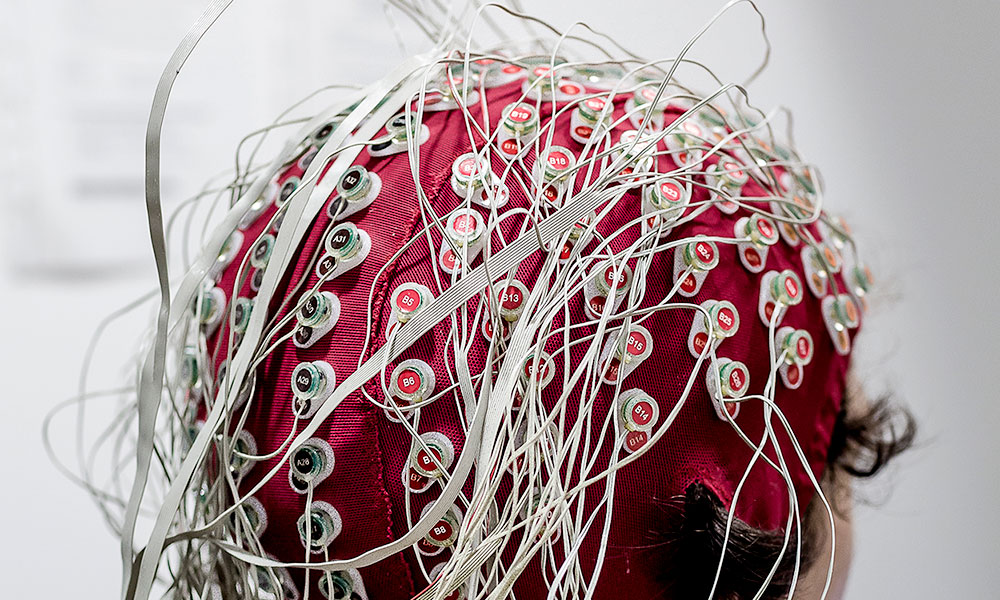
Brain signal indicates when you understand what you’ve been told
Biomedical engineers have identified a brain signal that indicates whether a person is comprehending what others are saying—and have shown they can track the signal using relatively inexpensive EEG readings taken on a person’s scalp.
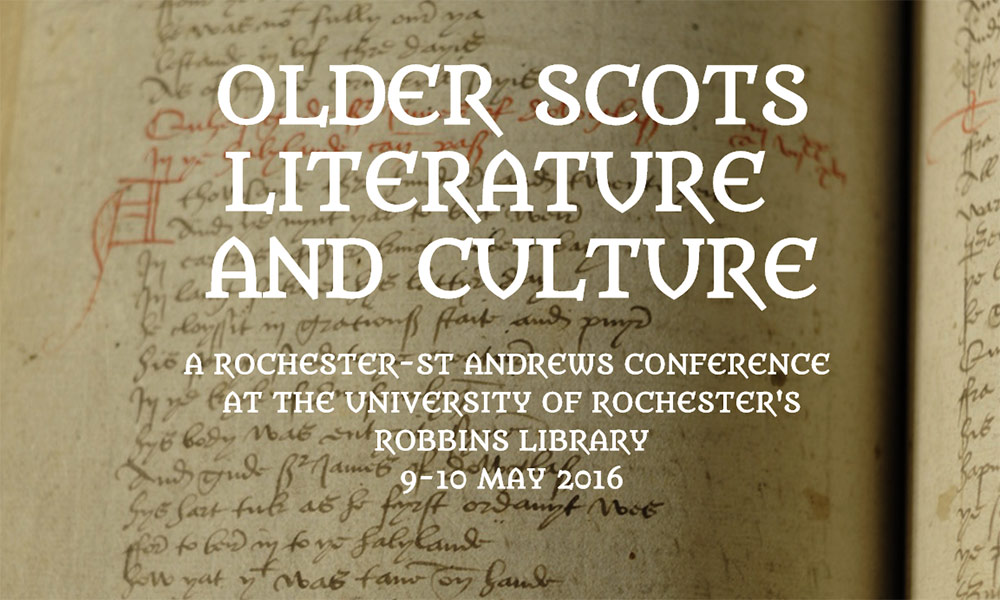
Brushing Up on Older Scots
In May, the University is hosting the Rochester–St Andrews Conference on Older Scots Literature and Culture, where specialists from the U.S., Canada, and Europe will share papers on 14th- to 16th-century literature in Older Scots
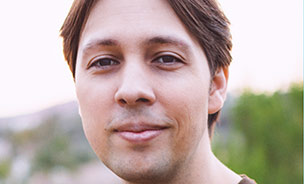
Q&A: The man who invented Dothraki
Linguist David Peterson, best known for creating the Dothraki and Valyrian languages for the HBO series Game of Thrones, will discuss the craft of creating new languages at a talk April 13.

Thinking alike changes how we speak
As social creatures, we tend to mimic each other’s posture, laughter, and other behaviors, including how we speak. Now a new study from brain and cognitive sciences researchers shows that people with similar views tend to more closely mirror, or align, each other’s speech patterns. In addition, people who are better at compromising align more closely.
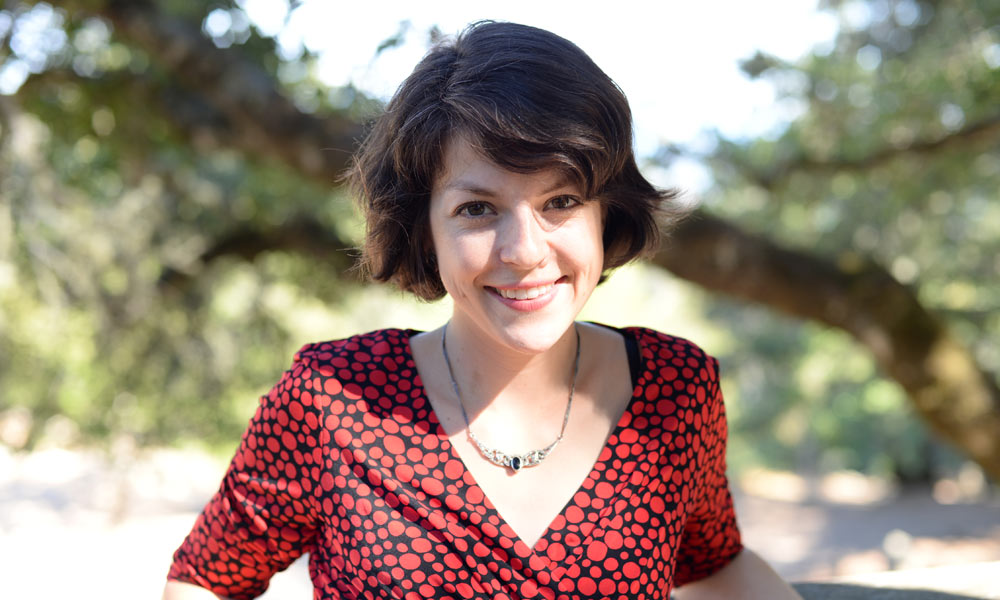
Professor named to Forbes’ ‘30 Under 30’ in science
Each year, Forbes Magazine lists the top 30 people under the age of 30 who have reached notable success in their chosen field. Elika Bergelson, a research assistant professor in the Department of Brain and Cognitive Sciences, was selected for the 2015 list for her work on the development of language in infants.

Researcher receives $1.25M grant to unlock ‘magic’ behind babies, language
Elika Bergelson, a newly-appointed research assistant professor in the Department of Brain and Cognitive Sciences, focuses on understanding how babies learn words between 6-to 18-months old. Funding from the NIH recognizes Bergelson as one of the nation’s “exceptional early career scientist” and will help her pathbreaking work advance more quickly.
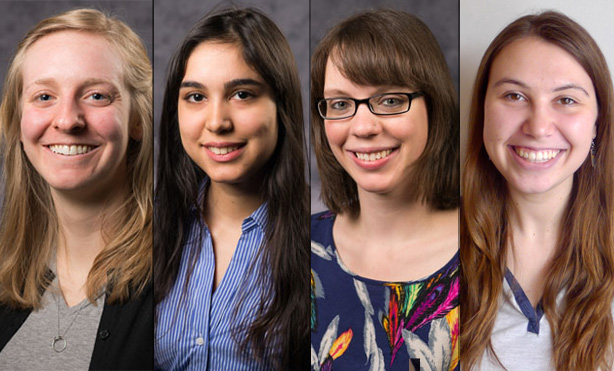
Languages Scholars Adventure Abroad
Critical Language Scholarships are sponsored by the U.S. Department of State, Bureau of Educational and Cultural Affairs.
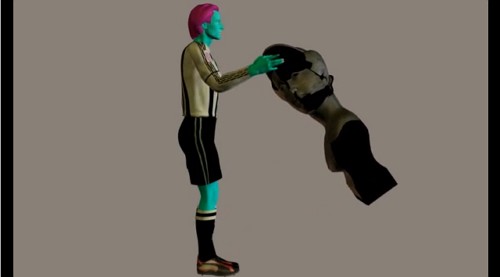
Brain’s Desire for Clarity Shapes Language
Many changes to language are simply the brain’s way of ensuring that communication is as precise and concise as possible.
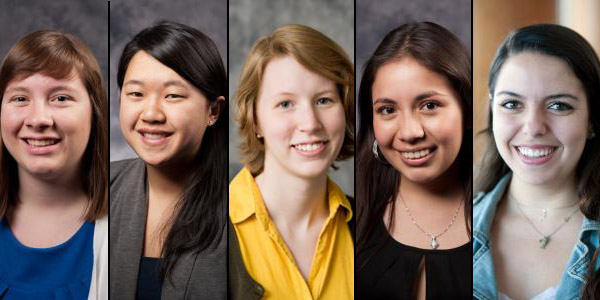
Five Rochester Students Headed Abroad through Fellowship Programs
This year, five students from the University of Rochester were awarded fellowships to study or conduct research abroad.
